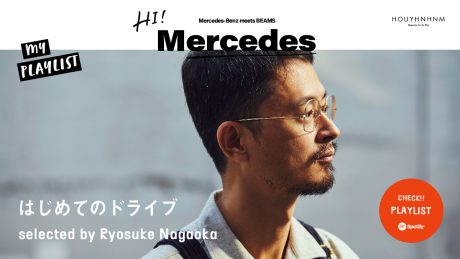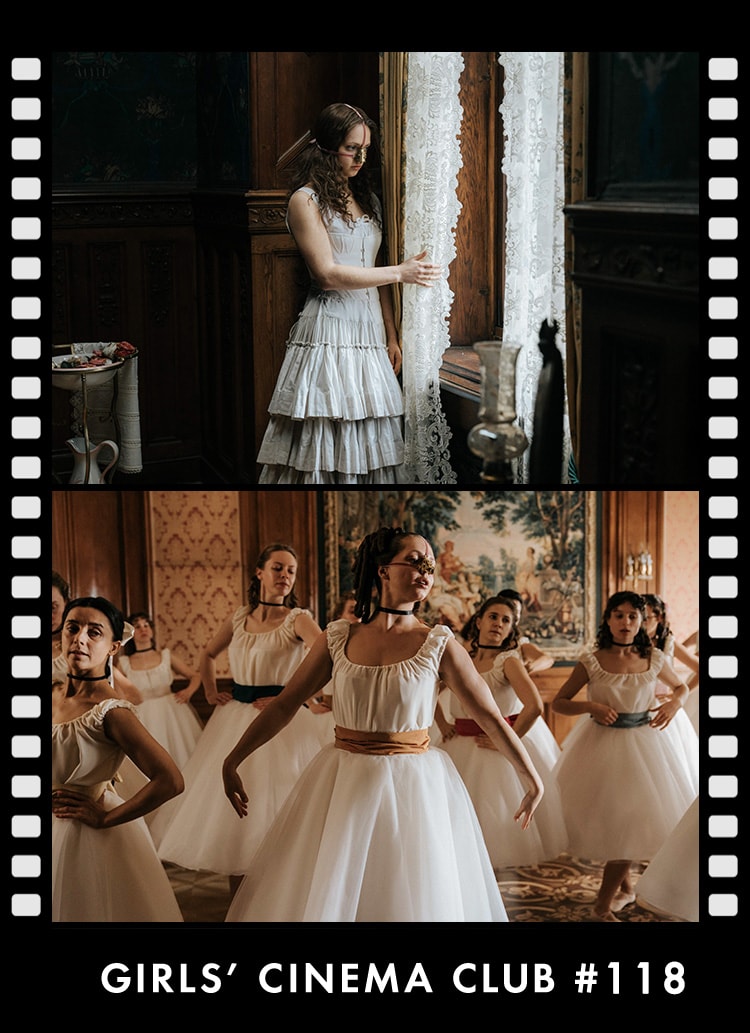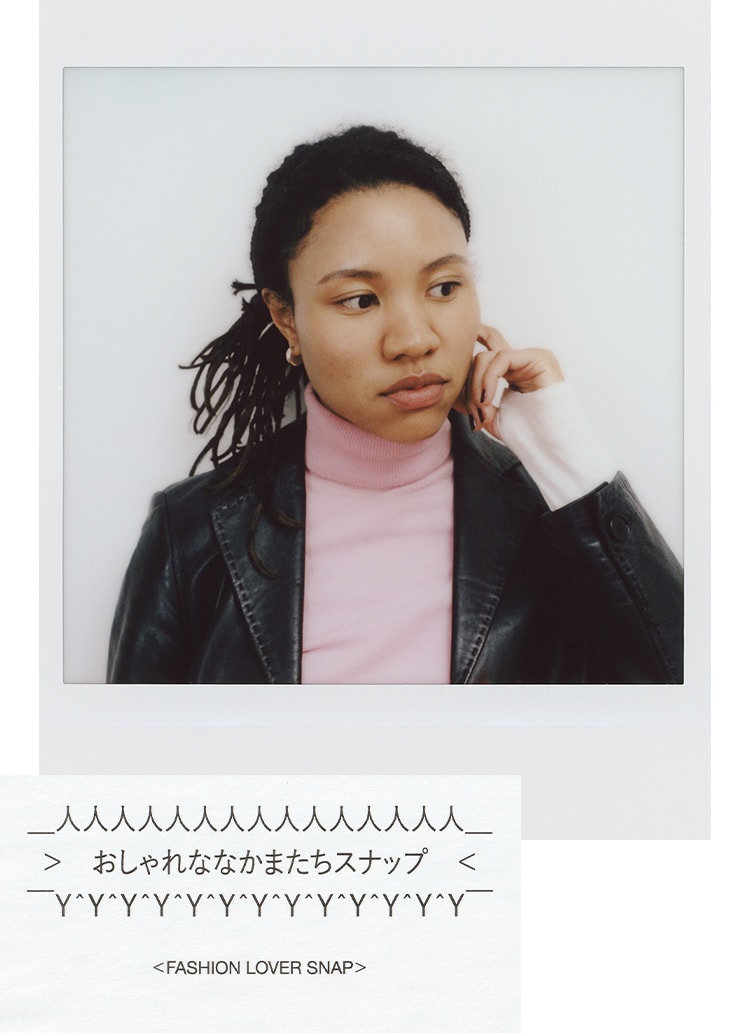The year is 1940. The footsteps of war are gradually approaching Japan. Fukuhara Yusaku (Takahashi Issei), who runs a trading company in Kobe, and his wife Satoko (Aoi Yu) are living a comfortable life in an elegant Western-style house. One day, Yusaku and his nephew Fumio Takeshita (Ryuta Bando) travel to Manchuria in search of supplies, but they happen to learn a shocking national secret, and for the sake of justice, the two secretly prepare to make this fact known to the world, along with evidence obtained in the area. When Satoko learns of this fact, she makes a decision to trust her beloved husband, even though her peaceful and happy life may be shattered.
PROFILE

Born in Chiba, Japan, in 1978 . . He picked up the guitar in junior high school, and in 2005, he formed "Petrols" in which he serves as vocalist and guitarist, and in the same year, he joined "Tokyo Incidents" as a guitarist under the name of Ukigumo. . He gained popularity for his flexible approach and one-of-a-kind phrases. He is a musician who appears and disappears from the scene, and has provided songs and produced for all kinds of musicians. . His hobbies are cars and bicycles.
PROFILE

Born in Chiba, Japan, in 1978 . . He picked up the guitar in junior high school, and in 2005, he formed "Petrols" in which he serves as vocalist and guitarist, and in the same year, he joined "Tokyo Incidents" as a guitarist under the name of Ukigumo. . He gained popularity for his flexible approach and one-of-a-kind phrases. He is a musician who appears and disappears from the scene, and has provided songs and produced for all kinds of musicians. . His hobbies are cars and bicycles.
PROFILE

Born in Kagawa Prefecture in 1971, he presides over ROSE RECORDS and started his career as a vocalist and guitarist of "Sunny Day Service" in the early 1990s. Based in Shimokitazawa, he opened "CITY COUNTRY CITY," a record store and café bar, and in April of this year, "Curry Restaurant August" and "PINK MOON RECORDS" also in Shimokitazawa. In parallel with his solo activities, he produces, writes, acts, and manages his own restaurants, and engages in a wide variety of free and expressive activities.
PROFILE

Born in Kagawa Prefecture in 1971, he presides over ROSE RECORDS and started his career as a vocalist and guitarist of "Sunny Day Service" in the early 1990s. Based in Shimokitazawa, he opened "CITY COUNTRY CITY," a record store and café bar, and in April of this year, "Curry Restaurant August" and "PINK MOON RECORDS" also in Shimokitazawa. In parallel with his solo activities, he produces, writes, acts, and manages his own restaurants, and engages in a wide variety of free and expressive activities.
The music, which is self-expression, and the
Differences in film music.
Mr. Nagaoka, "The Spy's Wife" is the first time you have composed music for a film. First of all, please tell us about your impressions of the film.
Nagaoka:I was really moved by the fact that the music I made was part of the film. I thought, "If I live, such good things will happen to me" (laughs).
Sogabe:. it's a great feeling when you preview a film on the screen. . It is the moment when you realize that you have been involved in a great film.
Nagaoka:I would also like to thank everyone involved in the production, the performers who participated in the recording, and all those who helped me to give shape to my ideas for the songs.
Producer Hideyuki Okamoto asked you to do the project, and your name was mentioned from the planning stage. How did you feel when you actually received the offer?

Nagaoka:. I have always thought it would be interesting to add music to stories and images. I have known Mr. Okamoto for more than 10 years, and he had always told me that I should definitely do film music. . So when I received the request, I thought it had finally happened. . I have composed music for short films before, but this was my first experience when it came to film music.
Sogabe:That short film, did you feel like you made it however you wanted?
Nagaoka:. yes, I wrote one song, and the rest was free to use.
Sogabe:. that's not like a movie again, right?
What exactly is the difference?
Sogabe:Film music has a fixed time frame, so it feels a little different from working together to make a short film.
When you make a film score, do you have to specify the instruments?
Nagaoka:How did you do in "Theatre"?
Sogabe:In the case of "Gekijo," I asked the director to give me nuances such as "rock here" or "somber there," and I also had specific requests for instruments such as "cello here," so director Yukisada was present before I started composing the music. . It seems that the director even had a detailed musical setup in his mind. . Of course, the way to add music differs from director to director. It was like entering the director's imagination, which was different from the feeling I usually get when I compose my own music, so it was a lot of fun.
Nagaoka:Indeed, it's a sense of entering the imagination of others. I enjoyed making it , too. Come to think of it, at our first meeting, you said to me, "I don't really have an image of music playing in this piece (The Spy's Wife)" (laughs).
Sogabe:. there wasn't much emphasis on the music. . but the music came in so effectively that I thought, "You did a difficult thing.

Do you have any difficulties in making music for a film for the first time?
Nagaoka:There is dialogue , and there are environmental sounds. We didn't need anything to interfere with that, and it was important to explore where to put it down. Well, I can't say that was a struggle.
Sogabe:. because film music is different from composing for a band. You can do whatever you want with all the music you do, but with film, you are part of a collaborative effort. It is different from the feeling of standing on stage and having the audience listen to your music, which is behind-the-scenes. . I have not had much experience in this kind of work, so it may be a little difficult. I have to take the finished film one step higher, so it is a big responsibility.


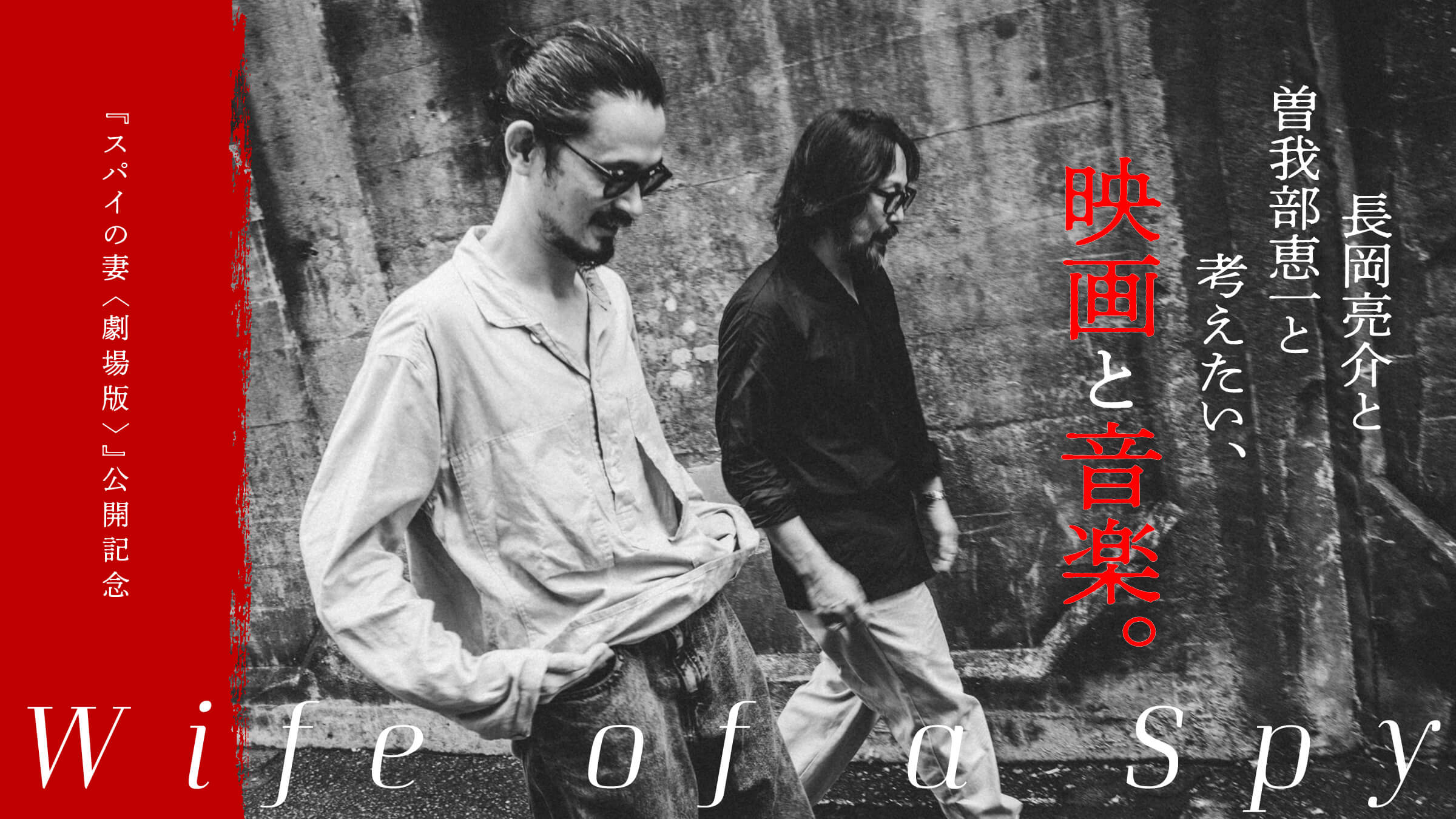
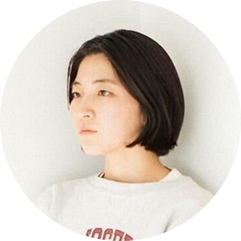
![WALKER'S CLUB H] A perfect match for amber-colored whiskey. Wood takes center stage both inside and out in the latest model of this long-selling speaker!](https://www.houyhnhnm.jp/wp-content/uploads/2020/11/top_main-4-700x483.jpg)
![WALKER'S CLUB H] A must-see for true music lovers. A documentary film about the recording studio that created city pop.](https://www.houyhnhnm.jp/wp-content/uploads/2020/11/top_main-3-700x483.jpg)
![【WALKER'S CLUB H] A marriage of milky oysters and whiskey.](https://www.houyhnhnm.jp/wp-content/uploads/2020/11/panel_JW02_2400_1350-1-700x394.jpg)
![【WALKER'S CLUB H] Ryosuke Nagaoka talks about music that does not fill in the blanks.](https://www.houyhnhnm.jp/wp-content/uploads/2020/11/panel_JW_2400_1350-700x394.jpg)
![【WALKER'S CLUB H] Tokyo Jihen's new song "Book of Life" has been selected as the theme song for the drama. The striking title of the house song is also profound.](https://www.houyhnhnm.jp/wp-content/uploads/2020/11/top_main-1-700x508.jpg)
